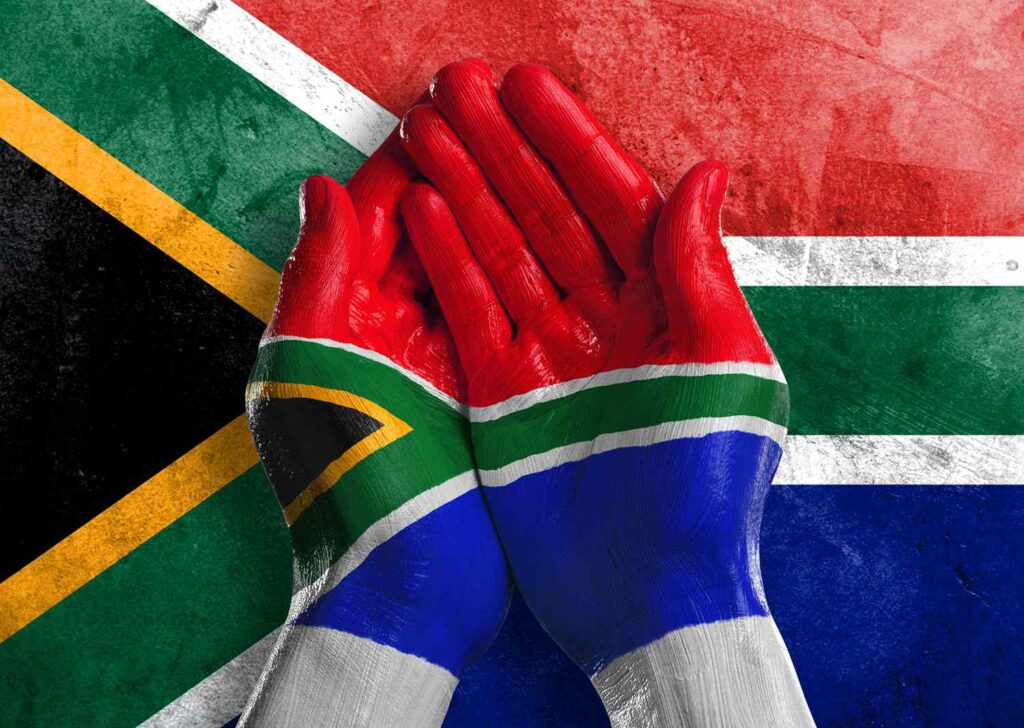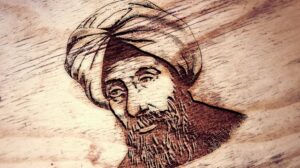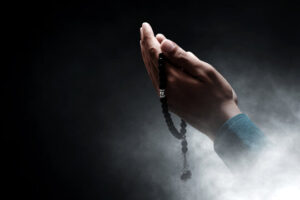
Imam A. Rashied Omar
During the month of September, as conscientious Muslims and responsible South African citizens joined our fellow compatriots in commemorating Heritage Day. Heritage Day is a National Holiday on which South Africans across the spectrum are encouraged to celebrate the diversity of their beliefs, traditions, and cultural heritages. Heritage Day is not a religious holiday but the idea of celebrating diverse cultures and traditions. For example, Allah, the Lord of Humankind and of all Cultures, enjoins Muslims in the Glorious Qur’an in Surah-al-Hujarat, chapter 49, verse 13 to recognize, affirm and to consciously seek to get to know people of other cultures:
O Humankind! We created you into male and female and fashioned you into distinct peoples and tribes that you may recognize (and cooperate) with one another in goodness (not that you may despise each other). Truly, the most highly regarded of you in the sight of Allah is the one with the best conduct. And Allah is all-knowing and is Well-aware of all things.
The above verse enjoins human beings to celebrate gender, culture, and other forms of human diversity through ta’aruf – i.e., recognition and affirmation of each other through intimate knowledge, and not mere toleration. The Qur’anic concept of ta’aruf is an alternative vision to that of racism, xenophobia or bigotry and represents one of the basic core teachings of Islam. Through this verse, the Qur’an teaches that differences among humankind are not incidental and negative but rather that human diversity represents an Allah-willed, basic factor of human existence.
Celebrating Muslim Contributions to the Shaping of our South African Heritage
Celebrating Heritage Day, however, should not only be about getting to know other cultures, but more importantly, it should also be about getting to know one’s own history, heritage and culture. Such a purpose for Heritage Day celebrations becomes all the more critical in our globalizing context which erodes local traditions and cultures. One of the major consequences of globalizing is its impact on culture and identity. The French scholar of Islam, Oliver Roy, is one of a growing number of scholars who have raised the alarm about the destructive tendency of globalization on the relationship between religion and Indigenous cultures and practices. He furthermore suggests that the current puritanical and extremist movements within universal religions are a product of globalization and its valorization of the individual. In this regard, I strongly recommend that you read Oliver Roy’s book, Holy Ignorance: When Religion & Culture Parts Ways, published in 2010 by Columbia Hurst.
In our globalizing world, therefore, there is a dire need to educate and make Muslims aware of the importance of their own heritage as well as how their heritage contributes to the national heritage of South Africa. For example, how many of us are aware that in September 2024, the Awwal Masjid in the Bokaap, Cape Town, the first masjid in South Africa, celebrated its 230th anniversary since its establishment in 1794. How many of us, for example, know that on 16 September 2024, one of the Muslim community’s most productive cultural historians, Ebrahim Rhoda from the Strand in the Western Cape, was honoured with a Golden Shield Heritage Award by the National Heritage Council of South Africa.
These are but some of the many inspirational aspects of our rich Cape Muslim history that are unfortunately our youth and even some of our elders are not aware of. To correct this problem, we should all resolve at this time when we are celebrating National Heritage Day to educate ourselves and especially future generations about the rich heritage of South African Muslims.
Let us use Heritage Day as the starting point for a renewed appreciation of the positive role of cultural diversity in the shaping of our national heritage. Let us also use Heritage Day to acknowledge and celebrate the unique contributions of Muslims to the shaping of our South African heritage and national identity.










